Roundup Top 10!
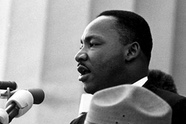
A Black Feminist’s Response to Attacks on Martin Luther King Jr.’s Legacyby Barbara RansbyWe should not become historical peeping Toms by trafficking in what amounts to rumor and innuendo. |

About the FBI’s Spyingby William McGurnWhat’s the difference between surveillance of Carter Page and Martin Luther King? |
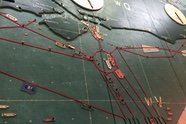
What D-Day teaches us about the difficulty — and importance — of resistanceby Sonia PurnellFor four years, a few French citizens fought a losing battle. Then they won. |
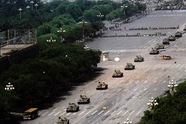
After Tiananmen, China Conquers History Itselfby Louisa LimYoung people question the value of knowledge, a victory for Beijing 30 years after the crackdown on student protests. |

How True-Crime Stories Reveal the Overlooked History of Pre-Stonewall Violence Against Queer Peopleby James PolchinThe history of such crimes tends to be lost. |

Hitler told the world the Third Reich was invincible. My German grandfather knew betterby Robert Scott KellnerAs a political organizer for the Social Democrats, Kellner had opposed the Nazis from the beginning, campaigning against them throughout the duration of the ill-fated Weimar Republic. |
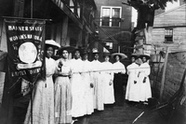
How racism almost killed women’s right to voteby Kimberly A. HamlinWomen’s suffrage required two constitutional amendments, not one. |
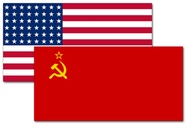
Who Will Survive the Trade War?by Margaret O’MaraHistory shows that big businesses profit most when tariffs reign. |

Of Crimes and Pardonsby Rebecca GordonThe United States was not always so reluctant to put national leaders on trial for their war crimes. |
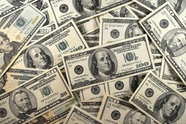
Trump Is Making The Same Trade Mistake That Started The Great Depressionby John MauldinSimilar to today, the Roaring 1920s saw rapid technological change, namely automobiles and electricity. |

The Making of the Military-Intellectual Complexby Daniel Bessner and Michael BrenesWhy is U.S. foreign policy dominated by an unelected, often reckless cohort of “the best and the brightest”? |